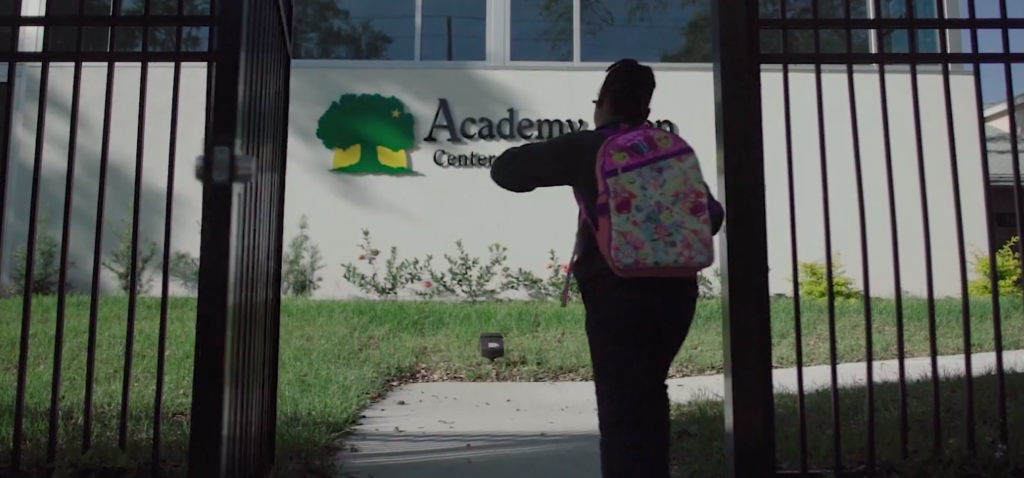
Parents of students who receive scholarships to attend private schools can continue to exercise their option to have their children learn online this spring.
The Department of Education on Monday released a new emergency order for second semester that will allow private school students who choose online learning to keep their scholarships. State law currently requires all scholarship students to attend brick-and-mortar schools to keep their funding.
Schools would be expected to continue face-to-face classes, as the state previously required for families who want them.
“The message is schools are open,” Gov. Ron DeSantis said during a news conference at Boggy Creek Elementary School in Kissimmee. “We are not going to abandon your child. We are not going to abandon you. We are still offering parents to make a choice.”
Extension of the waiver was good news for Gina Burkett, head of school at Academy Prep in St. Petersburg.
“I don’t know what 10% of our families would have done,” Burkett said.
The school, whose 140 students all receive state scholarships, opened 100% online in August after parents expressed a preference for remote learning to protect medically fragile family members and to provide a consistent learning platform for their children.
Burkett said about 20 students have opted to return to campus either because they were struggling with online learning or because their parents needed them to be supervised. The school has upgraded its air filtration system and adapted its multipurpose room to socially distance students. Burkett projects about 40% of her students will choose to continue online if COVID cases continue to climb in January as predicted.
The new version of the state’s order requires private schools to submit new plans for spring semester by Dec. 15. The schools also must monitor the progress of remote students and provide data to the state. Students who fall behind must return to campus unless their parents object.
That will give Burkett more time to welcome everyone back to campus for the fourth academic quarter in April, when COVID cases are expected to start declining and the government expands vaccine distribution. She plans to strictly comply with all Centers for Disease Control and Prevention safety guidelines.
“Everybody is really ready to come back,” she said.
Nevertheless, Burkett said, the remote learning technology everyone had to adapt to almost overnight in the spring will continue to be useful and improve education overall.
“The equipment we bought will not be wasted,” she said. “We have a new way of learning.”


